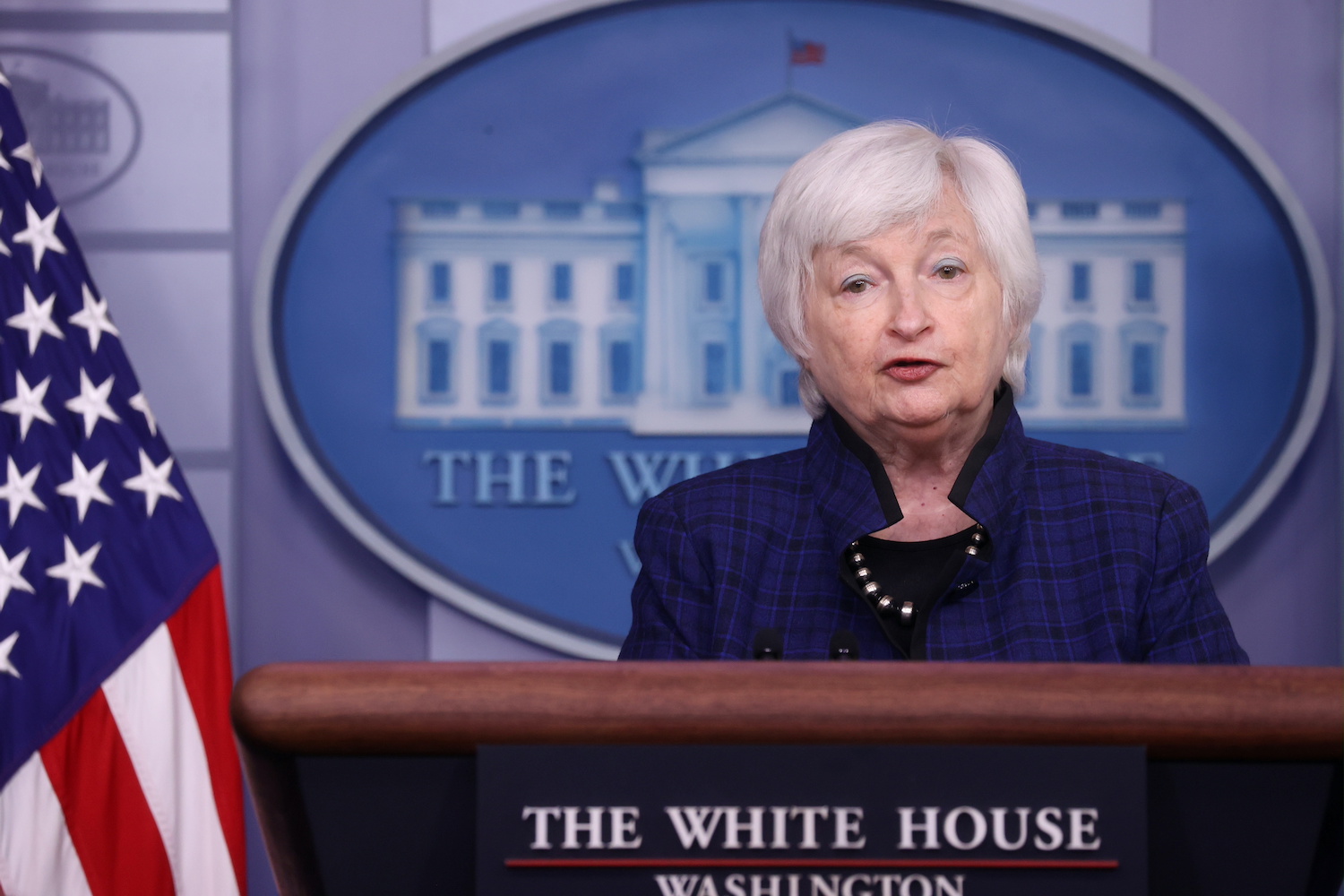China’s trade czar Liu He has further ‘candid’ talks about macroeconomic situation and other issues with Janet Yellen, a week after he spoke to Trade Rep Katherine Tai
(AF) Chinese Vice Premier and senior economic official Liu He spoke with US Treasury Secretary Janet Yellen about issues of mutual “concern” on Wednesday, in his second call in a week with top economic and trade counterparts in the Biden administration.
Liu, who led China’s negotiations in trade talks with former president Donald Trump had a similar exchange – also described as “candid” – with US Trade Representative Katherine Tai on May 26.
“Secretary Yellen discussed the Biden-Harris administration’s plans to support a continued strong economic recovery and the importance of cooperating on areas that are in US interests, while at the same time frankly tackling issues of concern,” the US Treasury Department said in a brief statement.
In Liu’s video call with Yellen, both sides conducted extensive exchanges on the macroeconomic situation and bilateral and multilateral cooperation, the official Xinhua news agency reported.
“The two sides believed that the China-US economic relations are very important,” Xinhua said.
They also “candidly exchanged views on issues of mutual concern, and expressed willingness to maintain communication.”
No details were given on the issues discussed.
Last week, Tai said the United States still faces “very large challenges” in its trade and economic relationship with China.
China’s increased engagement between the trade and economic chiefs of the world’s largest economy, since Joe Biden took office in January, comes as the US administration criticises Beijing on human rights abuses and seeks to rally Western allies in a united front on China.
The Biden administration is conducting a review of US-China trade policy, ahead of the expiry of their Phase 1 deal at the end of 2021.
Beijing and Washington signed the deal in January 2020. It calls for China to increase purchases of US agricultural goods, manufactured products, energy and services by $200 billion over 2020 and 2021, compared with a 2017 baseline.
The pact eased a two-year tariff war waged by Trump that aimed to change China’s trade practices, although duties remain in place on hundreds of billions of dollars of trade.
Commerce Dept ‘failing to protect US security’
Meanwhile, in other US-China news, a Congressional report has criticized the Commerce Department is failing to do its part to protect national security and keep sensitive technology out of the hands of China’s military, Reuters reports.
The US-China Economic and Security Review Commission report, due to be published on Tuesday, said the Commerce Department had been slow to create a list of sensitive technology that should be scrutinized before export to China.
The lag in developing the list of emerging and foundational technologies, as required by a 2018 law, may exacerbate national security risks, it said.
The Commerce Department, entrusted to strengthen US export control laws, “has, to date, failed to carry out its responsibilities,” said the report, titled, “Unfinished Business: Export Control and Foreign Investment Reforms.”
In a statement, the Commerce Department declined to respond to the lack of a list, but said it published four rules on controls on emerging technologies and that more are pending. It had expanded the military end-user rule and added companies to its entity list, which restricts US suppliers from selling to companies like Huawei Technologies and Hangzhou Hikvision.
In 2018, Congress tightened US export policies and the process for screening foreign investment in response to efforts by Chinese entities to obtain sensitive US technology and use civilian innovation for the military.
The report questions whether the two-year-plus delay in developing the list should be investigated by the Commerce Department’s inspector general. It also asks whether the authority to enforce export controls should be delegated to another agency.
Congress passed the Export Control Reform Act of 2018 to make it harder to export key technologies to adversaries like China. The law directed the Commerce Department to work with other agencies to identify emerging, or cutting edge, technologies and so-called foundational technologies essential to making key items like semiconductors, that should be controlled.
In November 2018, the department published 45 examples of emerging technologies, including face and voice recognition, but no list was ever finalized. And it has yet to propose a list of foundational technologies, instead asking for input in August about how to define the category.
Eric Hirschhorn, a former Commerce under-secretary, said the criticism of the agency was unfair. “They’re already controlling emerging technologies to the extent that it can be done, which is limited by the need to be specific,” he said. “Foundational technologies are, by definition, widely available outside the United States, which makes controlling them difficult, if not impossible.”
The report did note some actions by Commerce. The department has proposed to regulate software for gene editing, which can make it easier to develop biological weapons, but the rule has not been finalized. It also released an interim rule on geospatial imagery involving AI neural networks.
Advanced surveillance technology has received some attention as well, including on export controls to promote human rights, given its use in Xinjiang for the detention of minority Muslim Uighurs. But the department still does not control newer types of advanced surveillance software, the report says.
The US-China commission was created by Congress two decades ago to report on security implications of trade with China. It is now chaired by Carolyn Bartholomew, who was appointed by Speaker of the House Nancy Pelosi.
With reporting by Reuters (Karen Freifeld).























